Dytor
✅ Reduces fluid retention
✅ Lowers blood pressure
✅ Treats edema
✅ Improves heart function
✅ Increases urine output
Dytor contains Torasemide.
Product Overview
Dytor is a medication containing the active ingredient Torasemide. It comes in tablet form, with each tablet containing 100mg of Torasemide. Dytor belongs to a class of drugs known as loop diuretics, which are used to treat conditions such as congestive heart failure, high blood pressure (hypertension), and edema (fluid retention) associated with various medical conditions.
Uses
Dytor is primarily used to treat edema (fluid retention) associated with conditions such as congestive heart failure, liver cirrhosis, and kidney disorders. It is also prescribed to manage hypertension (high blood pressure) when other antihypertensive medications are ineffective or not tolerated. Dytor helps increase urine production, which reduces excess fluid buildup in the body, relieving symptoms of edema and lowering blood pressure.
How to Use
Take Dytor tablets orally with a full glass of water, usually once daily in the morning. It is important to take Dytor at the same time each day to maintain consistent levels of the medication in your body. Follow your doctor’s instructions carefully regarding the dosage and duration of treatment. Do not crush or chew the tablets; swallow them whole.
How it Works
Torasemide, the active ingredient in Dytor, works by inhibiting the reabsorption of sodium and chloride ions in the ascending loop of Henle in the kidneys. By blocking these electrolyte transporters, Dytor increases the excretion of water, sodium, chloride, and other electrolytes through urine. This diuretic effect helps reduce fluid volume in the body, leading to decreased edema and lower blood pressure.
Dosage and Administration
The typical starting dose of Dytor for edema is 5mg to 10mg once daily, which may be adjusted based on individual response and tolerance. For hypertension, the usual starting dose is 2.5mg to 5mg once daily. Your doctor may increase the dosage gradually to achieve the desired therapeutic effect. It is important to monitor electrolyte levels regularly while taking Dytor, especially potassium levels.
Benefits
- Effectively reduces fluid retention associated with edema
- Lowers blood pressure in individuals with hypertension
- Improves symptoms of congestive heart failure and other cardiac conditions
- Once-daily dosing for convenience and compliance
- Well-tolerated with minimal side effects in most patients
Common Side Effects
Common side effects of Dytor may include dizziness, headache, fatigue, dehydration, electrolyte imbalances (such as low potassium or magnesium levels), and increased urination. Contact your doctor if these side effects persist or worsen. In rare cases, Dytor may cause more severe adverse reactions, such as allergic reactions or kidney dysfunction.
Warnings
Before taking Dytor, inform your doctor if you have a history of kidney or liver disease, electrolyte imbalances, diabetes, or gout. Use caution when rising from a sitting or lying position, as Dytor may cause dizziness or lightheadedness, especially during the first few days of treatment. Avoid alcohol consumption while taking Dytor, as it may worsen certain side effects.
Storage Information
Store Dytor tablets at room temperature away from moisture and heat. Keep the medication out of reach of children and pets. Do not use Dytor beyond the expiration date printed on the packaging, and discard any unused portion properly.
Disclaimer:
Our sole intention is to ensure that its consumers get information that is expert-reviewed, accurate and trustworthy. However, the information contained herein should NOT be used as a substitute for the advice of a qualified physician. The information provided here is for informational purposes only. This may not cover all possible side effects, drug interactions or warnings or alerts. Please consult your doctor and discuss all your queries related to any disease or medicine. We intend to support, not replace, the doctor-patient relationship.
| Strength | 100 mg |
|---|---|
| Quantity | 10 Tablet/s, 30 Tablet/s, 60 Tablet/s, 90 Tablet/s, 180 Tablet/s |









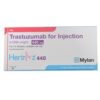
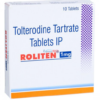
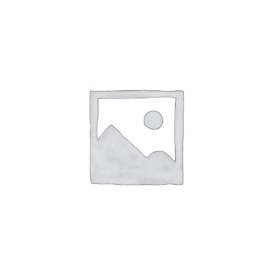
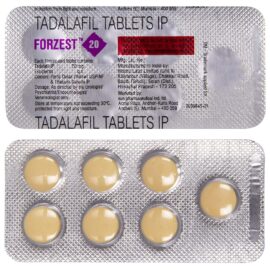

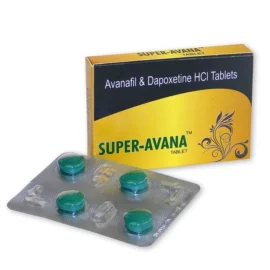

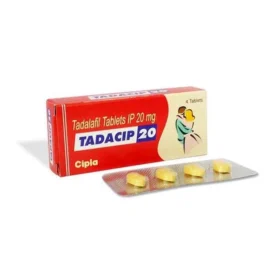
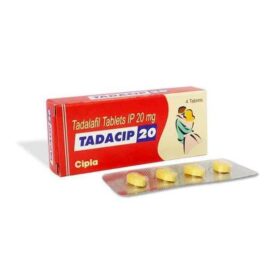
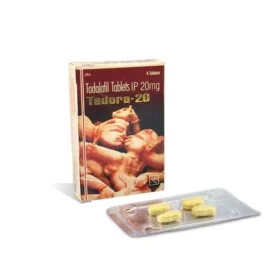
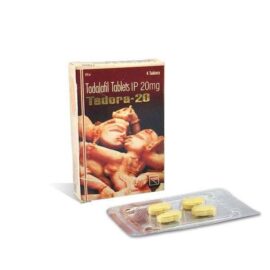
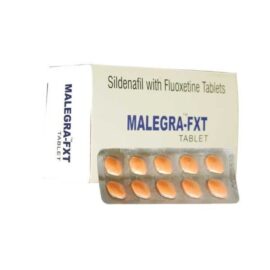
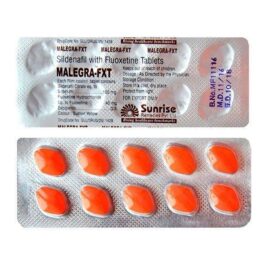
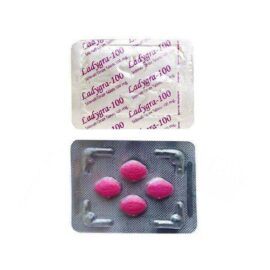



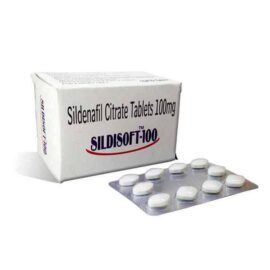
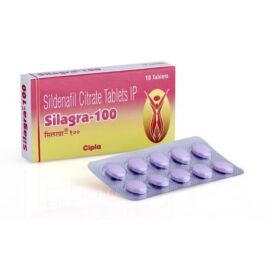


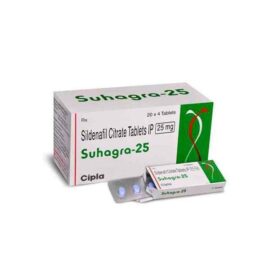

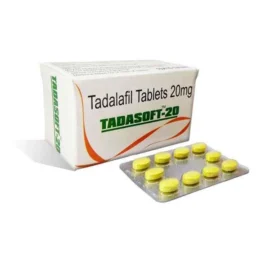
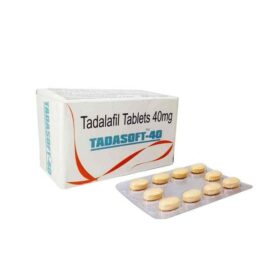
Reviews
There are no reviews yet